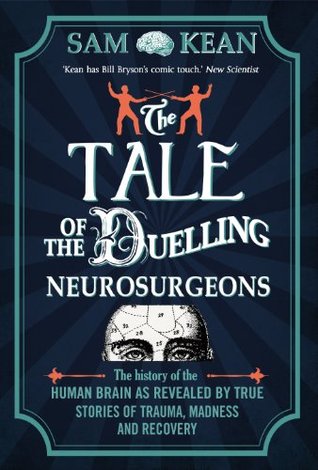 The Tale of the Duelling Neurosurgeons, Sam Kean
The Tale of the Duelling Neurosurgeons, Sam Kean
I’d been eyeing this for a while, but Robert really convinced me to read it. I was worried with that title it would be a bit too silly, but I shouldn’t have worried. The tone can be light, and there are a few jokes cracked and some wry asides, but it’s more scientific than the title suggests, while still being accessible to the general reader. A lot of the cases it discusses were ones I was already aware of, but it added depth and colour. I really need to get round to reading Permanent Present Tense, a book about “H.M.”, or Henry Molaison, which I’ve already got, and I’m curious about Clive Wearing’s wife’s book about his condition (though this youtube video gives you some idea).
It also added information about scientists who’ve studied the brain, though I kept muddling up my timelines and getting confused about who discovered what and when, and how it impacted everyone else. It’s arranged more thematically than chronologically, although there is a certain chronological element too (throughout the book, it moves toward more recent incidents and discoveries), so the timeline doesn’t matter incredibly.
Altogether, I found it a good primer on the science and history of neurology, for a casual reader, and the notes and such at the back offer plenty more places to dig for interesting information. (Where the library has any of these rather specialised books might be another matter, alas.) Best of all, it never feels like a lecture: the tone is warm, and the author finds the best in people and theories rather than mocking previous insights that turned out to be wrong. Which is wise, since we don’t understand the brain yet, and all of this may yet be overturned again…
Rating: 5/5

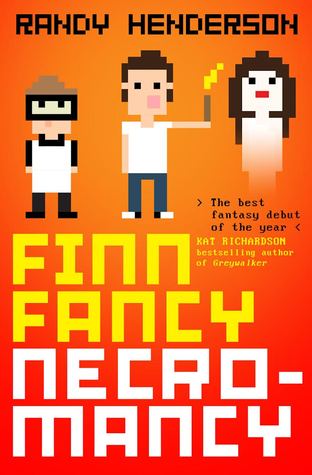


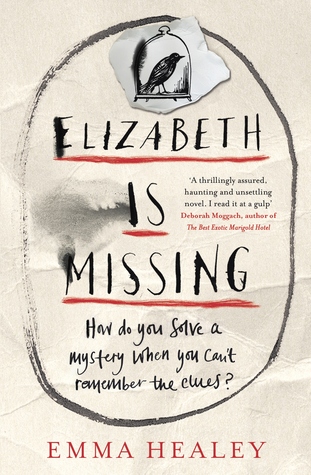

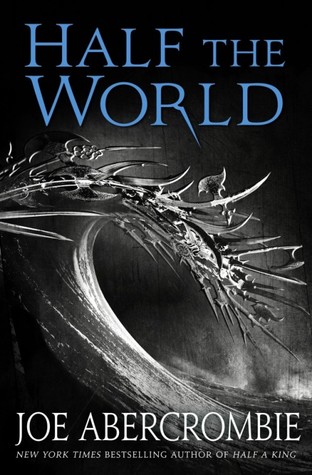


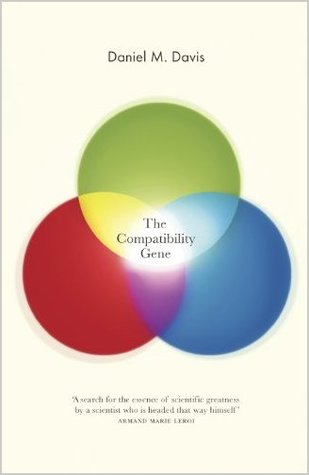
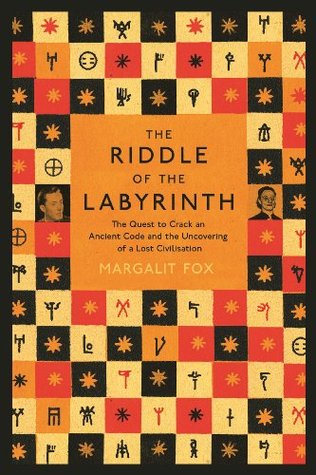
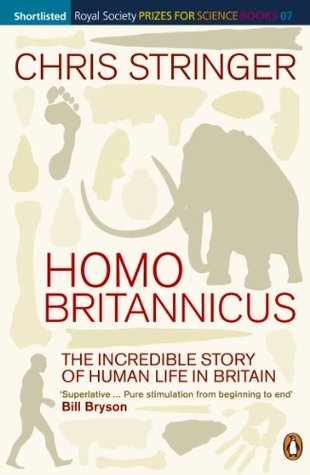
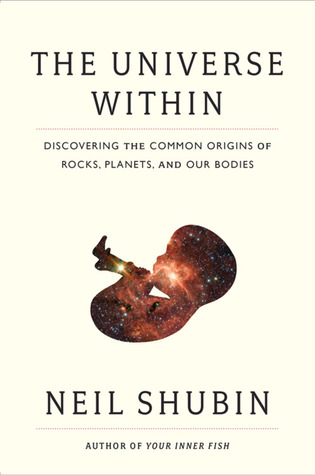
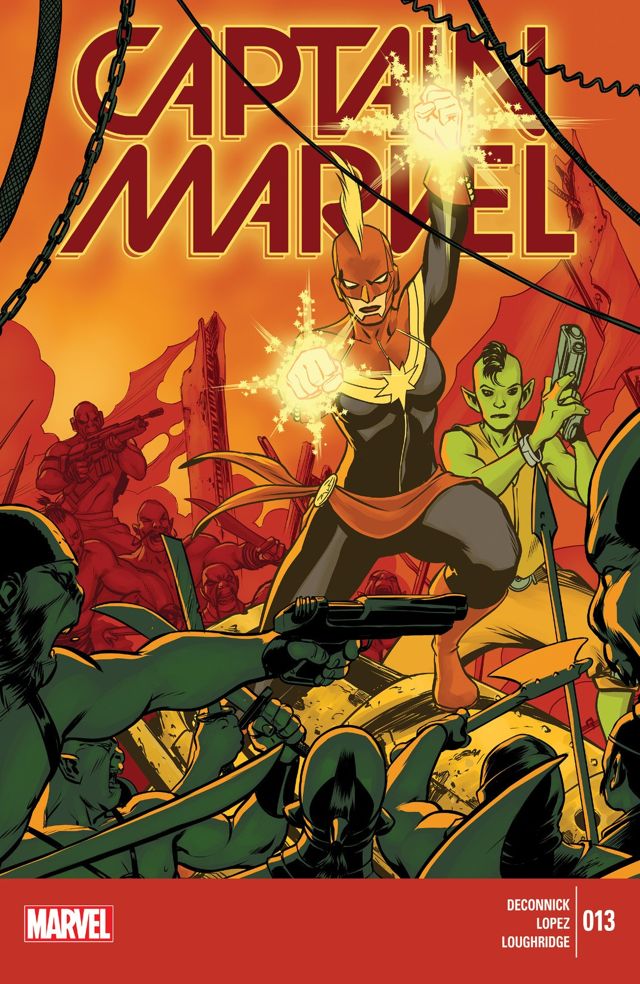
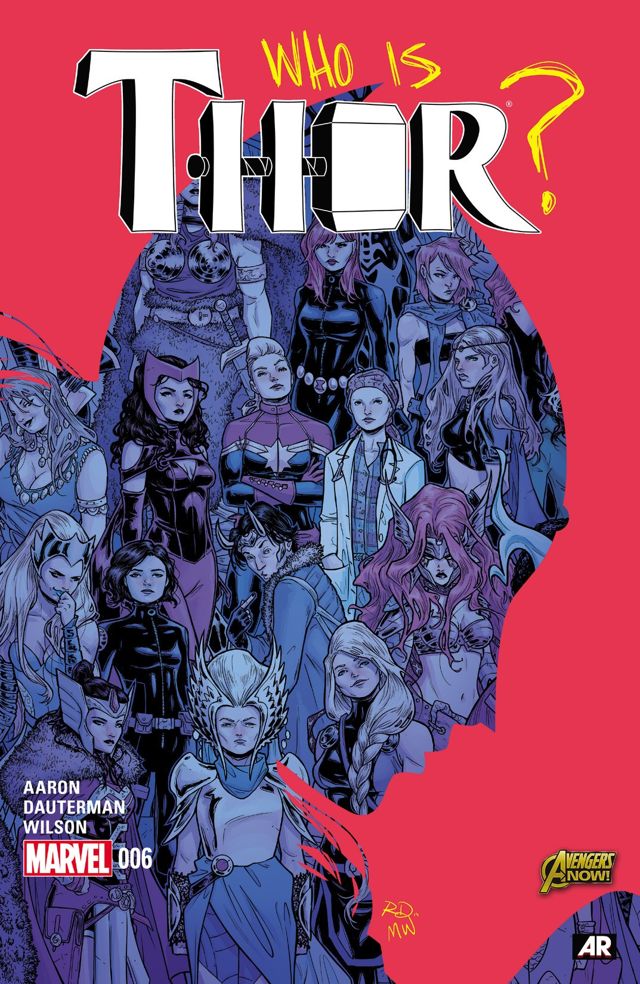




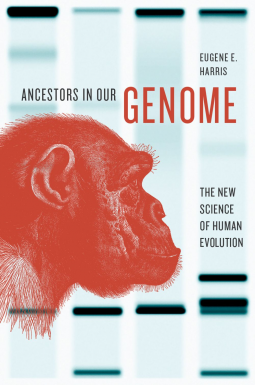


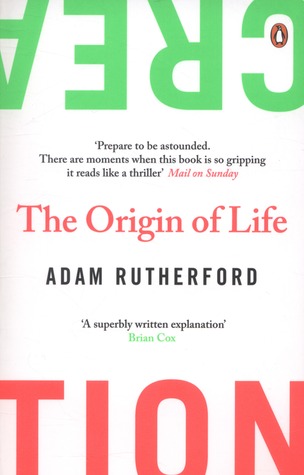
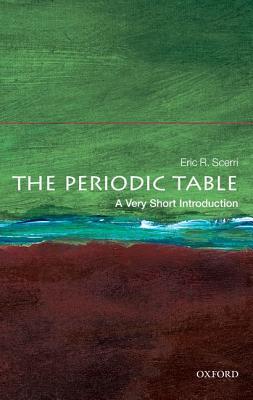 The Periodic Table, Eric R. Scerri
The Periodic Table, Eric R. Scerri